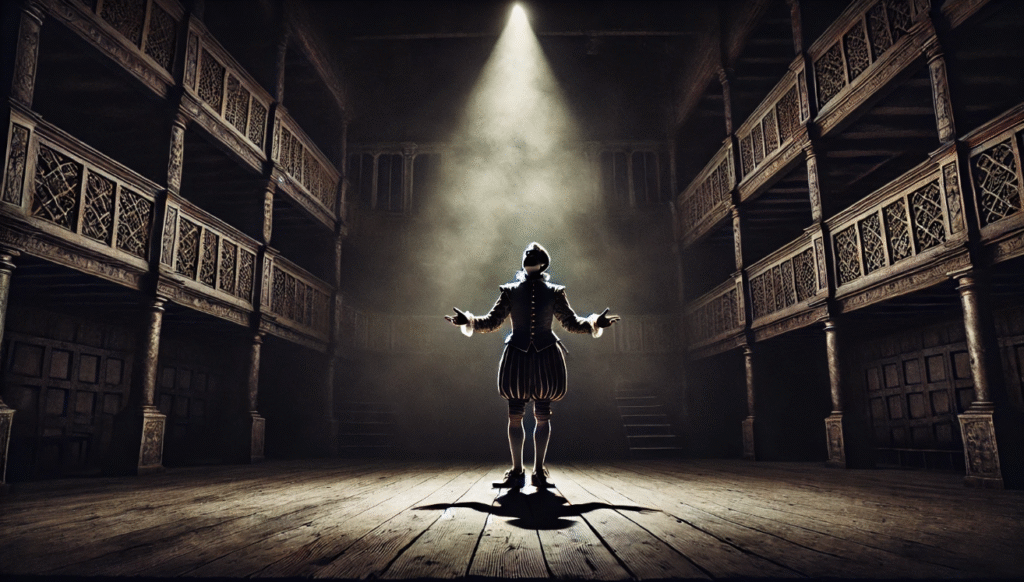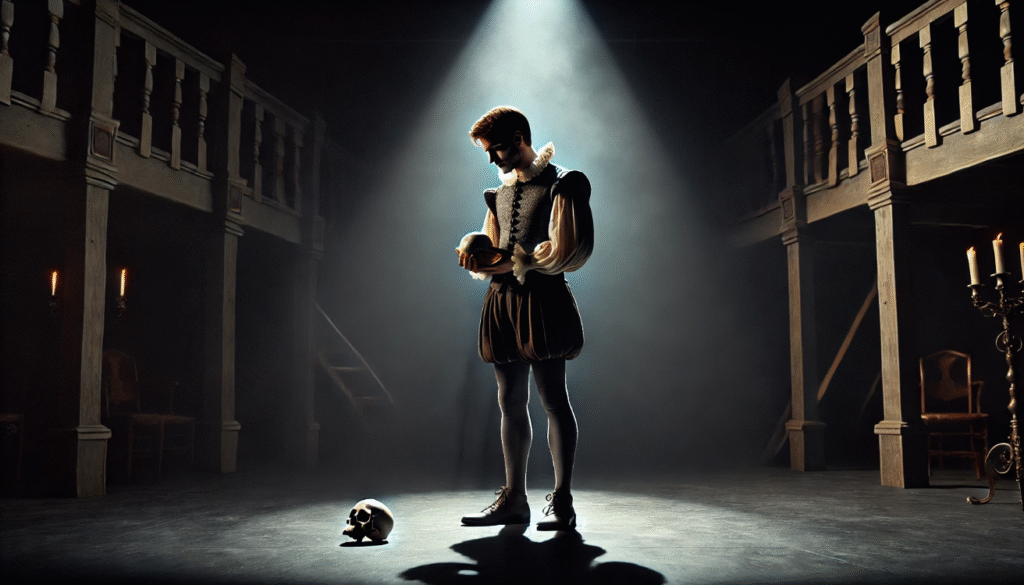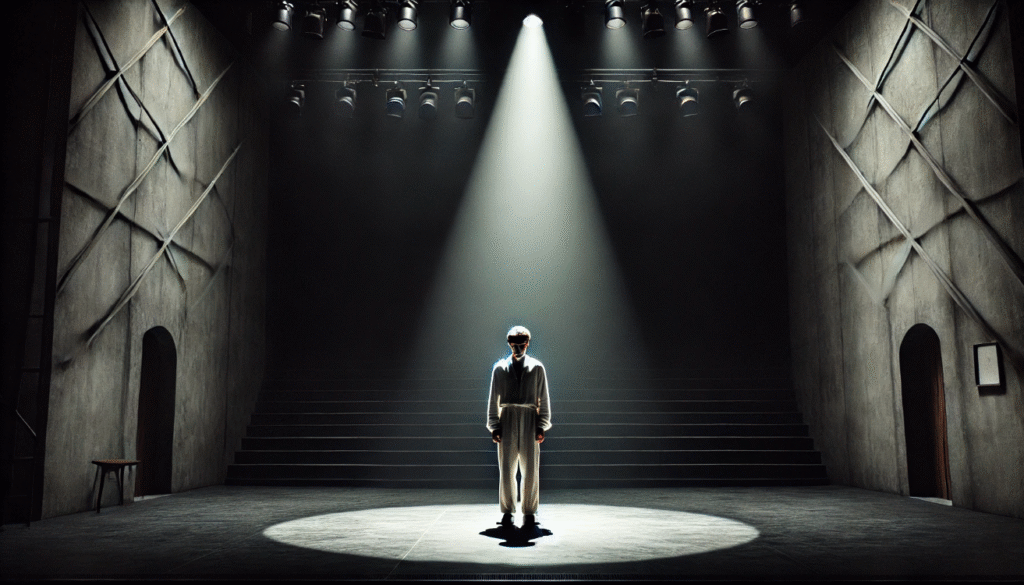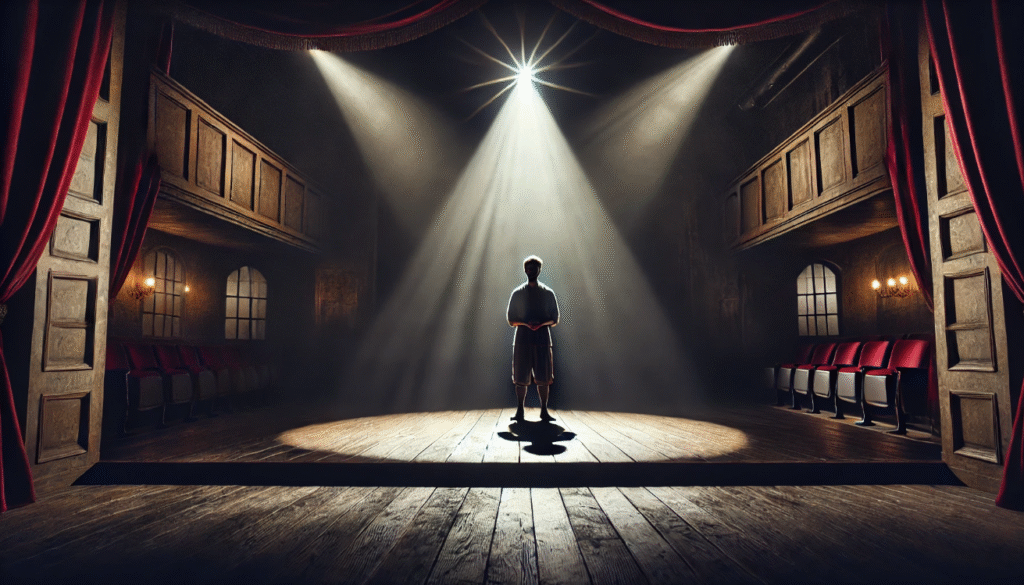Shakespeare soliloquies explained have captivated audiences for centuries, offering a deep and personal glimpse into the minds of his most iconic characters. Whether it’s Hamlet questioning existence or Macbeth grappling with ambition, these powerful speeches reveal hidden emotions, inner conflicts, and profound philosophical insights. In this article, Shakespeare soliloquies explained, we’ll break down their meaning, explore recurring themes, and uncover their lasting impact on literature and drama. By understanding these Shakespeare soliloquies explained, readers can develop a stronger connection to Shakespeare’s works and appreciate how they continue to shape storytelling today.
What Is a Soliloquy?

A soliloquy is a speech where a character speaks their thoughts out loud, alone on stage. It allows the audience to hear their deepest emotions, struggles, and motivations. Unlike a monologue, which can be addressed to other characters, a soliloquy is purely internal—like a window into the character’s mind.
Shakespeare soliloquies explained used soliloquies to reveal hidden fears, ambitions, and moral dilemmas. For example, in Hamlet, the famous “To be or not to be” soliloquy shows his inner conflict about life and death. Shakespeare soliloquies explained speeches help audiences connect with characters on a deeper level, making Shakespeare’s plays more powerful and engaging.
Why Did Shakespeare Use Soliloquies?

Shakespeare used soliloquies to give the audience direct access to a character’s thoughts, emotions, and struggles. These speeches reveal hidden fears, ambitions, and moral dilemmas that might not be expressed in dialogue with other characters.
Soliloquies create a deeper emotional connection between the audience and the character. In Macbeth, the “Is this a dagger which I see before me” soliloquy shows his internal battle with guilt and ambition. In Hamlet, “To be or not to be” explores existential doubt.
By using soliloquies, Shakespeare made his characters more human, relatable, and memorable, shaping the way stories are told in theater and film today.
Famous Shakespearean Soliloquies & Their Meanings
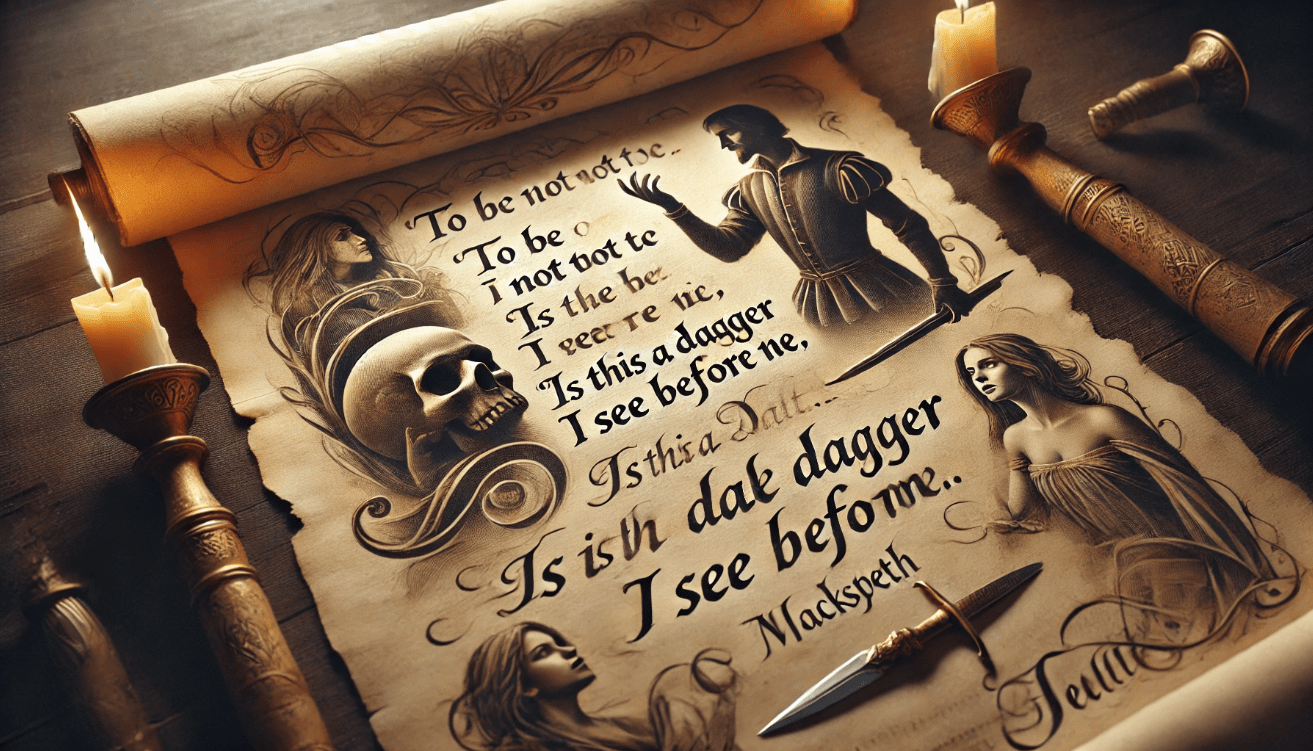
Shakespeare’s soliloquies are some of the most powerful moments in his plays. They reveal deep emotions, inner conflicts, and key themes. Here are five of the most famous soliloquies and what they mean:
1. “To be or not to be” (Hamlet)
This soliloquy explores Hamlet’s struggle with life and death. He questions whether it is better to endure suffering or end it all. It reflects his deep uncertainty and fear of the unknown.
2. “Is this a dagger which I see before me” (Macbeth)
Macbeth hallucinates a dagger before killing King Duncan. This soliloquy shows his internal battle between ambition and guilt as he prepares to commit murder.
3. “All the world’s a stage” (As You Like It)
This speech compares life to a play, where people move through seven stages—from infancy to old age. It reflects on the cycle of life and the roles we all play.
4. “Now is the winter of our discontent” (Richard III)
Richard III expresses his frustration with his current situation and his ambition to seize power. This soliloquy highlights his cunning and desire for control.
5. “O, she doth teach the torches to burn bright” (Romeo and Juliet)
Romeo is mesmerized by Juliet’s beauty at first sight. This soliloquy captures the intensity of young love and admiration.
Shakespeare’s soliloquies bring characters to life, making them timeless and relatable even today.
Themes in Shakespeare’s Soliloquies

Shakespeare’s soliloquies explore deep and timeless themes, making his characters more relatable. Here are some key themes found in his most famous speeches:
1. Power & Ambition (Macbeth, Richard III)
Characters like Macbeth and Richard III express their hunger for power. Their soliloquies reveal their inner conflicts, fears, and ruthless determination.
2. Love & Desire (Romeo and Juliet, Othello)
Romeo’s admiration for Juliet and Othello’s jealousy-driven thoughts show the intensity of love and its consequences.
3. Fate & Free Will (Hamlet, Julius Caesar)
Hamlet questions destiny in “To be or not to be,” while Brutus in Julius Caesar debates whether fate or choice shapes their lives.
4. Guilt & Conscience (Macbeth, Othello)
Macbeth sees an imaginary dagger, and Othello struggles with doubt, revealing the burden of guilt and moral conflict.
5. Life & Death (Hamlet, As You Like It)
Hamlet’s soliloquies question the meaning of life, while As You Like It compares life to a stage, emphasizing its fleeting nature.
These themes make Shakespeare’s soliloquies emotionally powerful and relevant, even in modern times.
How Shakespeare’s Soliloquies Connect with Modern Audiences

Shakespeare’s soliloquies still resonate with today’s audiences because they explore universal themes—love, ambition, guilt, and the meaning of life—that remain relevant across time. Whether in movies, TV shows, or theater, modern storytellers often draw on these themes to create emotional depth in their characters.
For example, Hamlet’s existential musings in “To be or not to be” speak to anyone grappling with difficult choices or personal struggles. Similarly, Macbeth’s internal conflict over power and ambition mirrors modern concerns about success and morality.
Shakespeare’s ability to capture the human experience through soliloquies allows audiences, no matter the era, to connect deeply with the characters. His work continues to influence modern storytelling, proving the timeless relevance of these powerful speeches.

Shakespeare’s soliloquies are powerful tools that provide insight into the complexities of the human mind. Through these speeches, he explores themes like love, ambition, guilt, and the meaning of life, making his characters more relatable and unforgettable. From “To be or not to be” to “Is this a dagger”, these soliloquies continue to engage and inspire audiences today.
By understanding the meaning, themes, and impact of these soliloquies, we gain a deeper appreciation for Shakespeare’s genius. His ability to capture the essence of human experience makes his works timeless, and his soliloquies remain an essential part of his enduring legacy in literature and drama.



